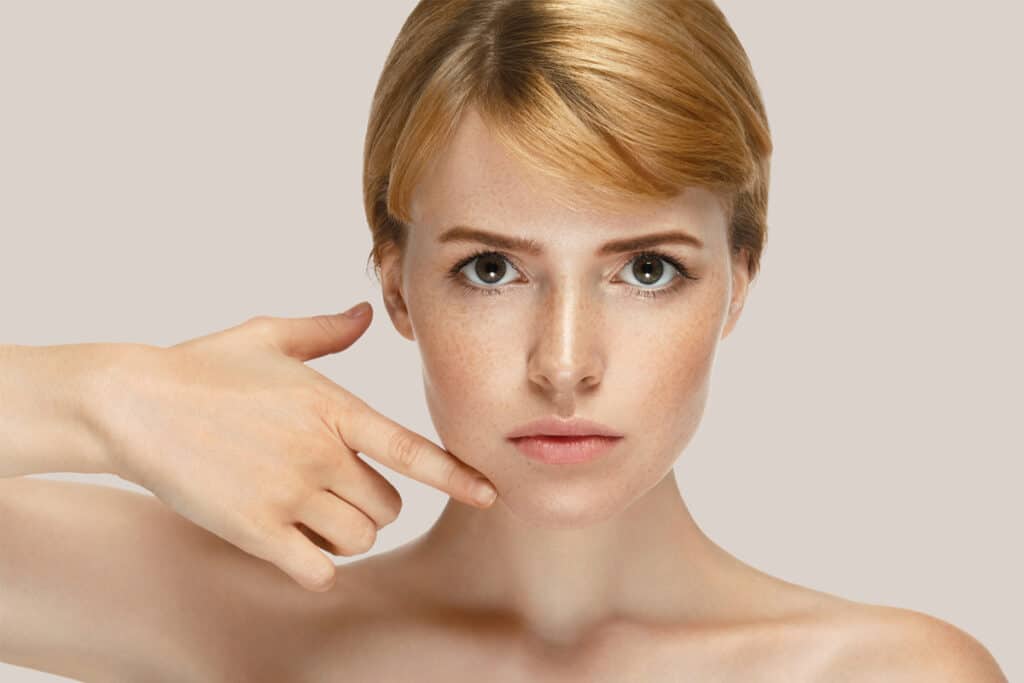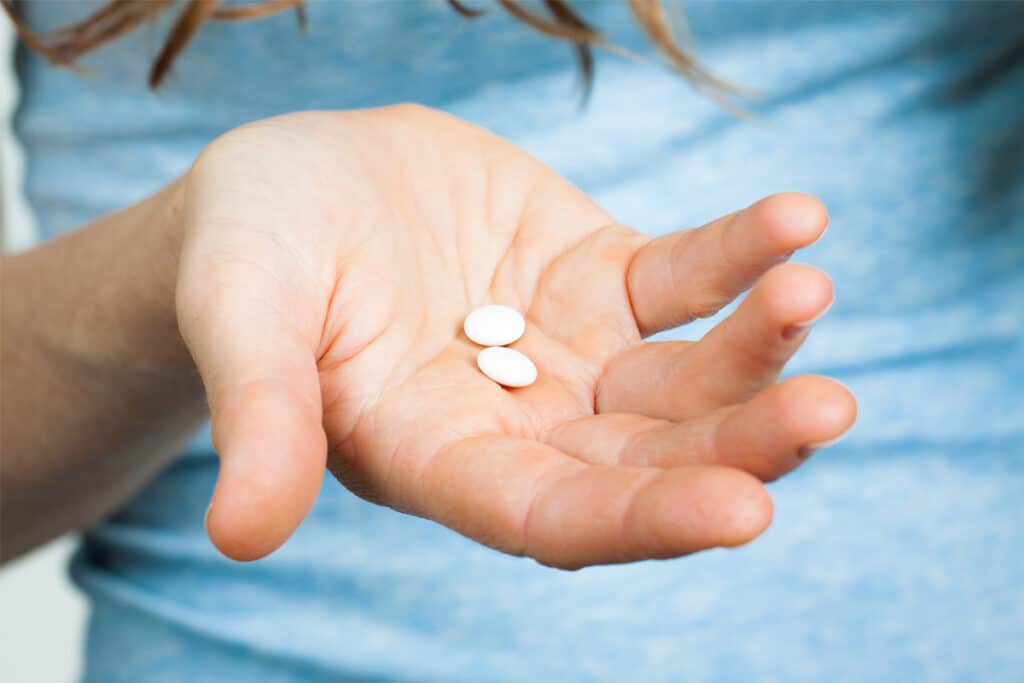Just had buccal fat removal and wondering how to ensure a smooth and efficient healing process. Understanding the aftercare standards is crucial for a swift recovery with minimal discomfort. This guide provides all the necessary information for post-surgery care, from diet considerations to combatting potential complications. Explore the best practices to help your skin regain its normal state and secure lasting results from your cosmetic surgery.

Understanding the Buccal Fat Removal Procedure
The buccal fat removal is an increasingly popular surgical procedure aimed at reducing chunkiness in the lower cheeks. It involves the extraction of buccal fat pads through a relatively invasive operation, similar to a liposuction procedure. Despite the invasive nature, shorter incisions are made discreetly inside the mouth, delivering a more chiseled facial contour.
The benefits of this plastic surgery carry a significant appeal for those seeking a less-rounded face. Proper understanding and careful consideration of the procedure, coupled with a solid aftercare plan, can make it a transformative experience.
Assess Your Eligibility with Your Plastic Surgeon
Your journey to a slim and contoured face starts with an assessment of your eligibility. In your initial consultations, your board-certified plastic surgeon would help identify if the procedure is an appropriate option for you. Remember, not everyone who wants to alter their appearance qualifies for buccal fat removal surgery.
Your plastic surgeon will base their assessment on criteria such as your overall health status, facial structure, and personal expectations from the surgery. It’s important to choose an experienced, board-certified plastic surgeon who will be honest with you about your potential eligibility for the procedure. Their goal should be to achieve the best possible outcome while minimizing any associated risk.
No matter what, ensure your consultations with your surgeon are an open discussion. Communication is key to understanding what you wish to achieve and whether it is attainable through this procedure.
Recovery Time of Buccal Fat Pad Removal
The recovery time for this plastic surgery procedure varies from person to person. Generally, it takes up to two weeks for the swelling and bruising to subside fully. During this period, you should rest and take medications prescribed by your plastic surgeon to reduce any discomfort associated with the surgery.
Aftercare Tips for a Smooth Recovery after Fat Pad Removal
The recovery process after buccal fat removal in New Jersey can be made smoother and more efficient by following the aftercare tips suggested by your plastic surgeon:
Be Aware of your Diet
It’s important to stick to a liquid diet or soft foods immediately after the buccal fat removal procedure. Your plastic surgeon will provide dietary guidelines for post-operative care which should be followed closely.
Generally, it is recommended that you eat only liquid and soft foods while avoiding alcohol for at least 7 days after the surgery. Additionally, stay well-hydrated to promote healing by drinking plenty of water and other fluids such as herbal tea and fruit juice.
Avoid hard-to-digest high-fiber foods such as beans, cruciferous vegetables, and nuts as they can aggravate your stomach. Lastly, ensure that you are getting enough protein to aid in recovery and avoid any sugary drinks or unhealthy processed snacks as they can hamper the healing process.
Restrict Strenuous Activity and Avoid Heavy Lifting
During the recovery period, it is crucial to avoid strenuous exercise and heavy lifting. These types of activities can cause stress to your healing tissues and trigger complications. Instead, focus on gradually returning to your normal activities.
You’ll find that taking slow and steady steps back into your routine limits unnecessary strain on your body and optimizes recovery. It is always advisable to listen to your body and avoid pushing yourself too far too soon. Remember, quality recuperation takes time.
Manage Pain with Appropriate Medication
During your recovery, prescribed medication may be necessary to soothe discomfort. Your doctor will recommend the most suitable solutions based on your pain levels. It’s crucial to use these medications responsibly, adhering to the prescribed dosage. Overuse can impede healing, while underuse can lead to unnecessary pain. In the quest for comfort, err on the side of caution and communicate openly with your healthcare provider.
Post-surgical complications such as the risk of infection can cause discomfort and hamper recovery. Swift and appropriate treatment is paramount to prevent these conditions from escalating. Antibiotics and topical medications are typically prescribed to treat an infection.

Mitigating Swelling
Swelling is a common side effect of buccal fat pad removal, and it can take up to one or two weeks for the residual swelling to go down. To reduce any discomfort, your doctor may recommend using cold compresses such as ice packs and anti-inflammatory medications. These measures should be used sparingly and for short periods only to prevent further aggravation or damage to the skin.
Caring Incision Sites
When caring for the internal incision sites in the mouth, it is important to follow your doctor’s instructions closely. Generally, they will recommend a special mouth rinse made with warm water and salt or baking soda to help keep the area clean and free of any bacteria. Additionally, be sure to gently brush your teeth and avoid using any abrasive toothpaste. It is also important to avoid smoking as this can slow down the healing process.
Signs of Complications After Fat Pad Removal Surgery
Excessive bleeding and an extensive amount of swelling can be signs of complications after the surgery. It is important to monitor these symptoms and contact your healthcare provider immediately if you experience these complications. Additionally, pain levels that do not subside with medication, fever, and redness at the incision site can indicate infection or other serious health issues that need to be addressed as soon as possible.
Ensuring the Longevity of Buccal Fat Removal Results
Preserving the results of a buccal fat removal procedure involves integrating healthy habits. Firstly, stay in touch with your surgeon who can guide you through the most fitting aftercare regimen tailored to your goals. Regular, light exercise can benefit overall facial contours and maintenance.
Remember, buccal fat removal New Jersey is not a substitute for a healthy lifestyle, but a contouring procedure. Therefore, maintaining a healthy weight, including regular exercise and a balanced diet in your everyday routine are excellent habits that can increase the chances of the results lasting longer. Remember to stay consistent and uphold these techniques for the long-term preservation of your buccal fat removal results.
Consult with a Facial Plastic Surgeon
The journey to a refined facial appearance following the buccal fat removal procedure relies heavily on diligent aftercare. Comprehensive recovery strategies can help you avoid complications and maintain the newly attained shape. Utilizing correct aftercare solutions is critical in ensuring the longevity of your results. Remember, your commitment to a successful recovery reflects on the results of this transformative procedure.
Remember, each patient’s healing journey is unique, and as such, expert guidance is critical. Reach out for a consultation with Dr. Kam, a specialist with a wealth of experience in buccal fat removal procedures. With her expertise, you can personalize your aftercare process to ensure safety, optimal healing, and long-lasting results. Schedule an appointment and start your journey for natural-looking contours.
